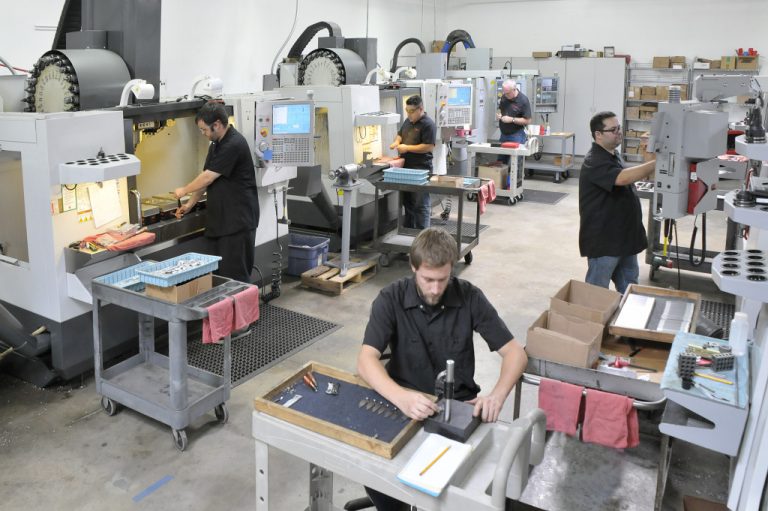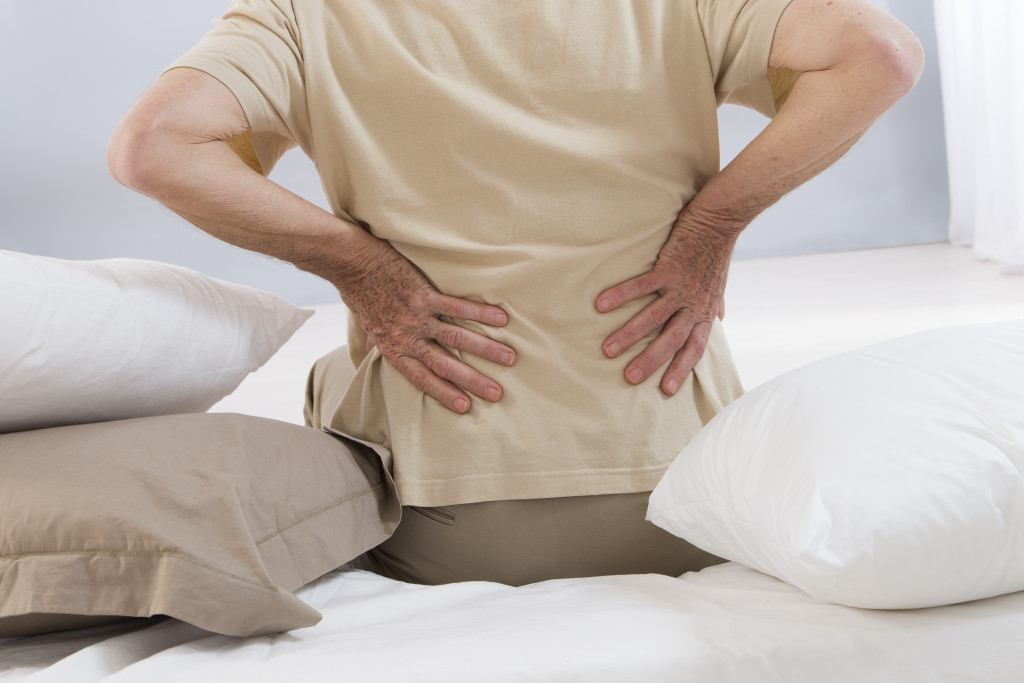- Rheumatoid Arthritis is an inflammatory autoimmune disorder that affects millions of people, especially the elderly.
- Common symptoms include joint pain and stiffness, decreased mobility, fatigue, increased risk of falls, and depression/anxiety.
- Treatments for RA include medications, professional care from physical and occupational therapists, and alternative therapies like acupuncture and yoga.
- To manage RA, it is essential to exercise regularly, maintain a healthy weight, and seek proper medical care and support from family and friends.
- By following these tips, elderly people with RA can lead healthier and happier lives.
Rheumatoid arthritis (RA) is an inflammatory autoimmune disorder affecting millions worldwide. It is a chronic condition that can affect people of all ages, but it is more common in the elderly. Approximately 50% of people with RA are over the age of 65. RA can significantly affect the quality of life of the elderly, leading to pain, disability, and loss of independence.
What is Rheumatoid Arthritis?
First, it’s important to know what RA is. It affects the joints, causing inflammation and pain. It can also lead to joint damage, disability, and loss of function over time. Rheumatoid arthritis occurs when the body’s immune system mistakenly attacks its tissues. This leads to chronic inflammation in the affected joints.
How Can Rheumatoid Arthritis Affect the Elderly?
RA affects people of all ages, but the elderly are particularly vulnerable. Here are five ways RA can affect the elderly:
Joint Pain and Stiffness
One of the most common symptoms of RA is joint pain and stiffness. The pain can be mild to severe and can affect any joint. Elderly people with RA often experience joint pain and stiffness in the knees, hips, and hands, making daily activities such as walking, dressing, and cooking difficult. Regular exercise, maintaining a healthy weight, and taking prescribed medications are essential to manage joint pain and stiffness.
Decreased Mobility
The joints can become damaged as RA progresses, leading to decreased mobility. Elderly people with RA may struggle to walk, climb stairs, or get in and out of a car. They may also experience difficulty performing simple tasks such as opening jars or doors. To improve mobility, physical therapy can be beneficial, as well as assistive devices such as canes, walkers, and wheelchairs.

Fatigue
Fatigue is another common symptom of RA. Elderly people with RA may experience extreme tiredness, which can impact their ability to perform daily activities. To manage fatigue, get enough rest, eat a healthy diet, and engage in activities that help to boost energy levels, such as swimming or yoga.
Increased Risk of Falls
Elderly people with RA may have an increased risk of falls due to joint pain, stiffness, and decreased mobility. Falls can lead to fractures, which can significantly impact the quality of life of the elderly. Ensuring the living environment is safe and hazard-free is essential to reduce the risk of falls. Installing grab bars in the bathroom, removing loose carpets, and ensuring adequate lighting can all help to reduce the risk of falls.
Depression and Anxiety
RA can have a significant impact on mental health as well. Elderly people with RA may experience depression and anxiety, impacting their well-being. To manage these symptoms, seeking support from family, friends, and healthcare professionals is essential. Engaging in activities they enjoy, such as reading, painting, or listening to music, can also help boost their mood.
Treatments
There are various treatments available for RA. Here are some of them:

Medications
One of the best ways to manage the symptoms of RA is with medications. Nonsteroidal anti-inflammatory drugs (NSAIDs), corticosteroids, and disease-modifying antirheumatic drugs (DMARDs) can all help reduce inflammation, pain, and joint damage.
Professional Care
Elderly people with severe rheumatoid arthritis can benefit from professional care. Physical therapists can help improve mobility, while occupational therapists can provide strategies to manage everyday activities. Psychologists and psychiatrists can also help manage depression and anxiety.
Additionally, it might be worth keeping your elderly confined in a living facility, especially if they feel some disabilities from the disease. A local assisted living facility can give you various benefits. First, they can help your elderly find activities and services specific to your needs. Second, they can provide your elderly with a safe environment so you don’t have to worry about falls or other accidents. Third, they can help monitor their condition and ensure they receive the proper care from medical professionals.
Alternative Therapies
Alternative therapies such as acupuncture, massage therapy, and yoga can all help reduce pain and improve the quality of life for elderly people with RA.
Rheumatoid arthritis is a chronic condition that can significantly affect the elderly. The key to managing RA is taking an active role in treatment and seeking professional help when needed. By following these tips, elderly people with RA can live healthier and happier lives.












